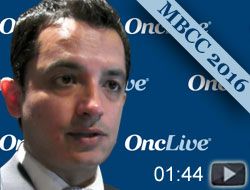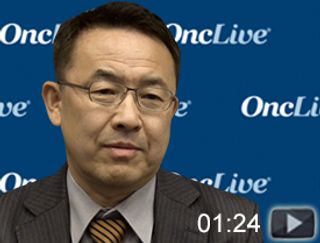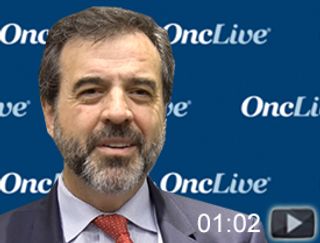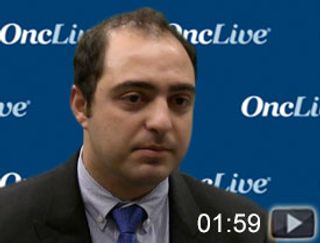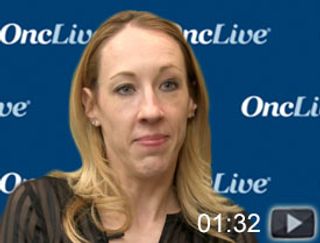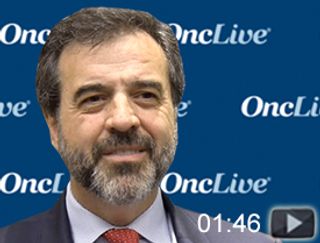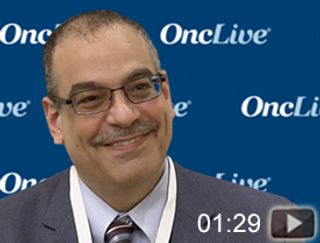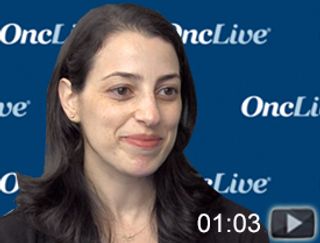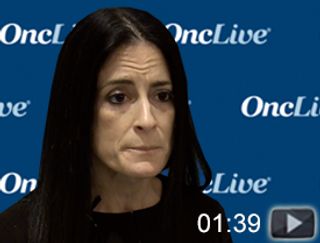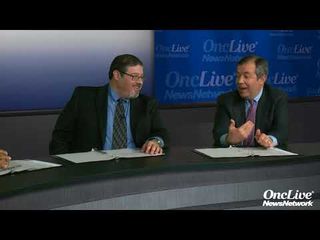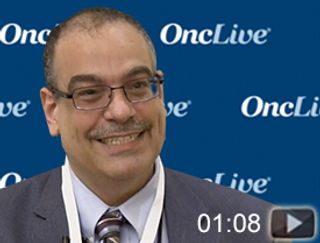
HER2+ Breast Cancer
Latest News
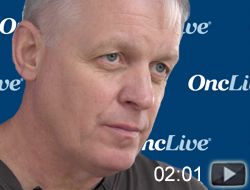
Latest Videos

CME Content
More News

Sunil Verma, MD, discusses emerging key agents in the neoadjuvant setting, advantages of treating prior to surgery, and questions that still remain regarding HER2-positive neoadjuvant therapy.

Among the bright spots in the treatment of patients with breast cancer are the successes achieved in the management of HER2-positive disease. And, therapeutic options are continuing to expand, owing to the advent of novel anti-HER2–targeted agents and multitargeted HER2 receptor blockade.

Sunil Verma, MD, discusses advancing treatment in ER+/HER2+ breast cancer, specific therapies that should be considered for this subgroup, upcoming clinical trials, and the biggest challenges and questions that remain in this setting.

Kimberly L. Blackwell, MD, discusses recent studies examining emerging agents in HER2-positive breast cancer.
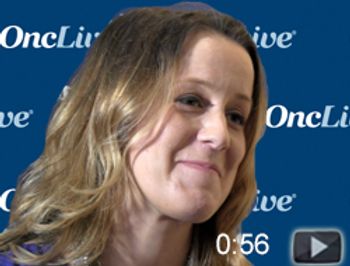
Erika P. Hamilton, MD, Director, Breast Cancer and Gynecologic Cancer Research Program; Principal Investigator, Sarah Cannon Research Institute, discusses ONT-380, a novel HER2-specific inhibitor. Most oral HER2-inhibitors block not only HER2, but other proteins such as EGFR.

Treatment with the tyrosine kinase inhibitor neratinib demonstrated a 2-year disease-free survival rate of 93.9% in patients with early-stage HER2-positive breast cancer, representing a 33% improvement compared with placebo.

ASCO released new evidence-based recommendations to ensure appropriate use of biomarker assay results in guiding decisions on adjuvant therapy for women with early-stage invasive breast cancer and known estrogen receptor, progesterone receptor, and HER2 status.
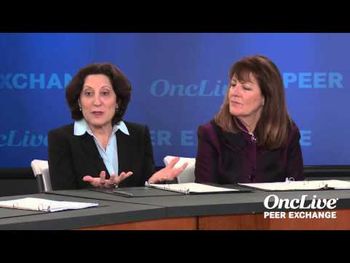
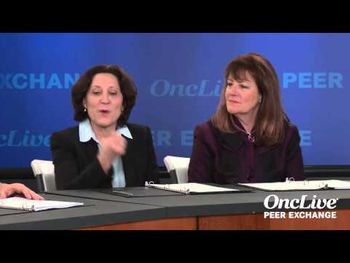
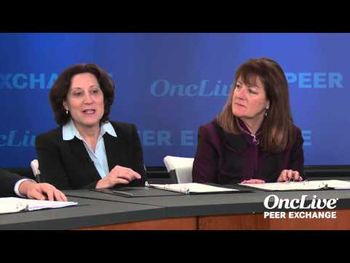

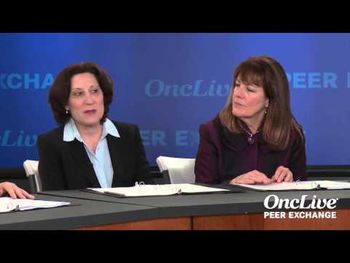
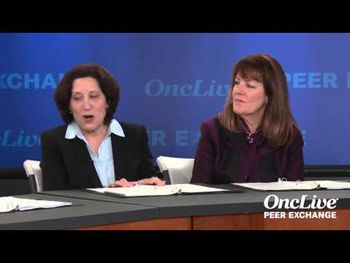

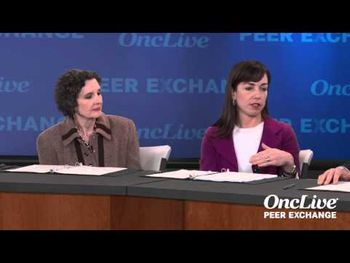


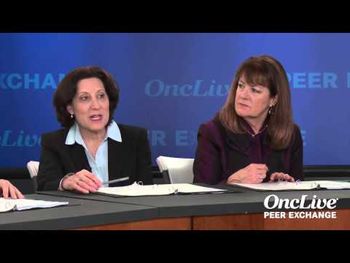
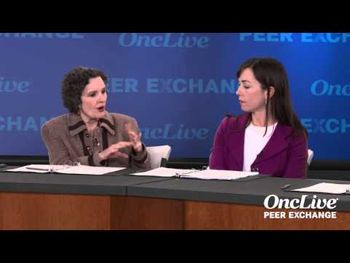

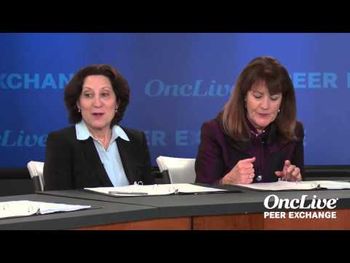
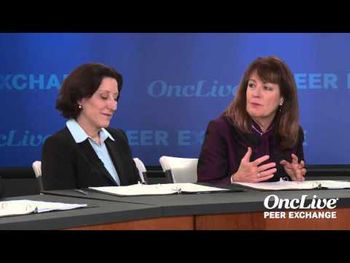

One-third of patients previously identified as having HER2-positive breast cancer were found to also have a luminal subtype that was resistant to chemotherapy and trastuzumab but still sensitive to the triplet neoadjuvant regimen of pertuzumab, trastuzumab, and chemotherapy.

Mothaffar Rimawi, MD, discusses key recent data with HER2-targeted agents and the need to identify patients for whom optimal care may mean de-escalating therapy.
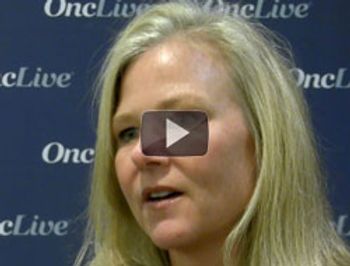
Kimberly L. Blackwell, MD, professor of Medicine, assistant professor of Radiation Oncology, Duke Cancer Institute, discusses the mechanism of action for margetuximab (MGAH22-01) and discusses its potential as a treatment of patients with HER2-positive breast cancer.





